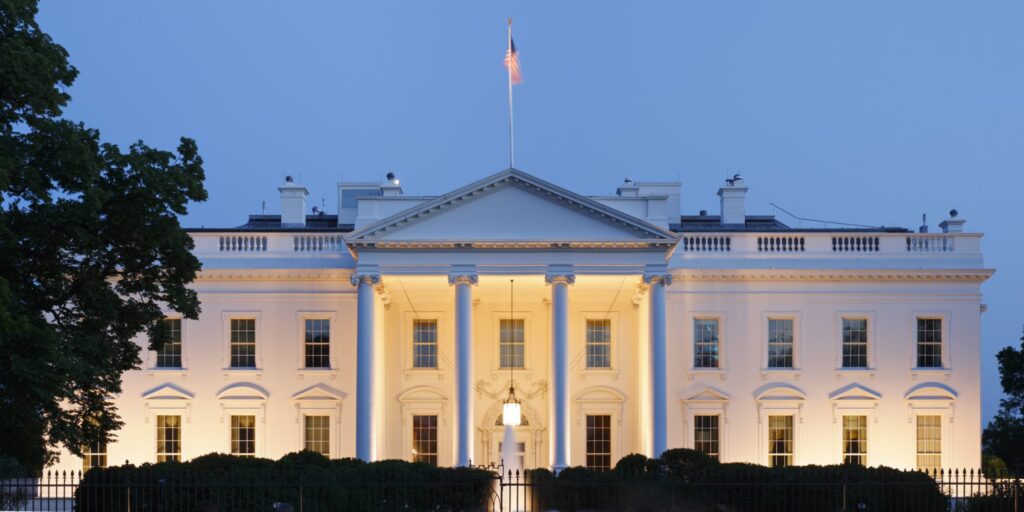Prepared by Ted Gentry
August 2012
Wyche Achieves Major Victory for Employers Before South Carolina Supreme Court
In an appeal handled by Wyche litigator Henry Parr, the South Carolina Supreme Court issued a significant decision favoring employers seeking to enforce confidentiality agreements. For example, the Court noted that a lack of time limit in a confidentiality agreement would not automatically invalidate the provision, as it would for other restrictive covenants. The Court agreed with Milliken’s argument that confidentiality agreements should not be evaluated under the same standard used to evaluate non-compete agreements. Instead, the standard for enforceability is whether the provision “is no greater than necessary to protect the employer’s legitimate interests” and “not unduly harsh in that it curtails the employee’s ability to earn a living.” Because the restrictions in this case encompassed “only important information not generally known to the public” and known to the employee only through his employment, the Court upheld the agreement notwithstanding the employee’s protests that the agreement was too broad and unenforceable. Courts will enforce agreements that strike an appropriate balance between protecting an employer’s legitimate interest in its proprietary information and permitting an employee to find gainful employment in his chosen field. If you need assistance reviewing your confidentiality provisions in light of this opinion, please do not hesitate to call us.
Fourth Circuit Adopts Employee-Friendly Interpretation of Computer Fraud and Abuse Act
In deciding a company’s claim against its former employee and the competitor who hired the former employee, the Fourth Circuit Court of Appeals held that liability under the Computer Fraud and Abuse Act (“CFAA”) is limited to “individuals who access computers without authorization or who obtain or alter information beyond the bounds of their authorized access.” The plaintiff alleged that the defendant employee downloaded proprietary information to his personal computer in violation of the company’s computer use policy and subsequently used this information in a successful presentation – made on behalf of his new employer – to a potential customer of the plaintiff. The Court held that employees who simply violate a computer use policy are not liable under the CFAA. Because the CFAA is often invoked by litigating companies seeking recovery from former employees who take or access trade secrets or other confidential information, the Court specifically noted that its decision would likely “disappoint employers hoping for a means to rein in rogue employees.” While this case takes away one potential avenue of recovery for employers against malfeasant departing employees, we have outlined other ways to protect your confidential information and trade secrets.
S.C. Court of Appeals Rules in Negligent Supervision Case
The South Carolina Court of Appeals recently addressed the standards for liability under the tort of negligent supervision. An employer can be liable for negligent supervision of an employee when an employee intentionally harms another individual on the employer’s premises and the employer (i) knows or has reason to know that it has the ability to control the employee, and (ii) knows or should know the necessity and opportunity for exercising control over the employee. In this case, which involved an alleged assault on an inmate by a prison guard, the Court granted a directed verdict to the employer because the employee at issue was acting in his own capacity with no prior indication that he would commit a crime. However, it provides a helpful reminder that an employer can be held liable for the acts – even criminal acts – of its employees under certain circumstances.
The NLRB Strikes Again!
In yet another aggressive move directed toward non-union employers, the National Labor Relations Board recently held that a blanket policy prohibiting employees from discussing internal investigations of employee misconduct could violate employees’ rights under Section 7 of the National Labor Relations Act to engage in concerted activities. In light of the Board’s ruling, employers may want to review their investigation procedures and policies for any global confidentiality provisions as they relate to investigations. (As one commentator put it, the NLRB wants to rewrite your handbook!) Confidentiality within an investigation may still be mandated, but these restrictions should be evaluated on a case-by-case basis. If we can assist in reviewing and revising your policies, please let us know.
*****
If you have any questions about these or other workplace law topics, please contact Ted Gentry.
This update is provided by Wyche for educational and informational purposes only and is not intended and should not be construed as legal advice.






